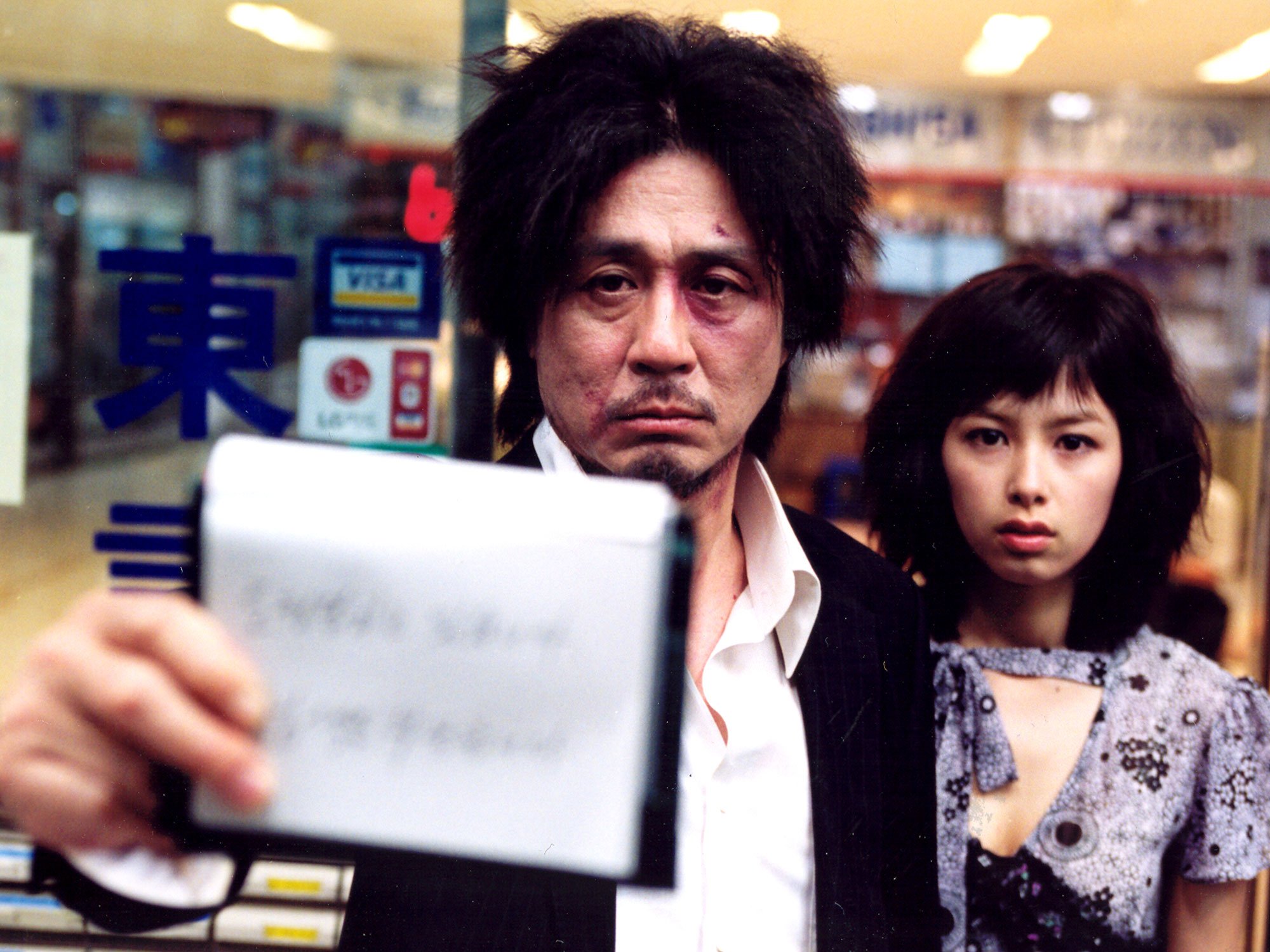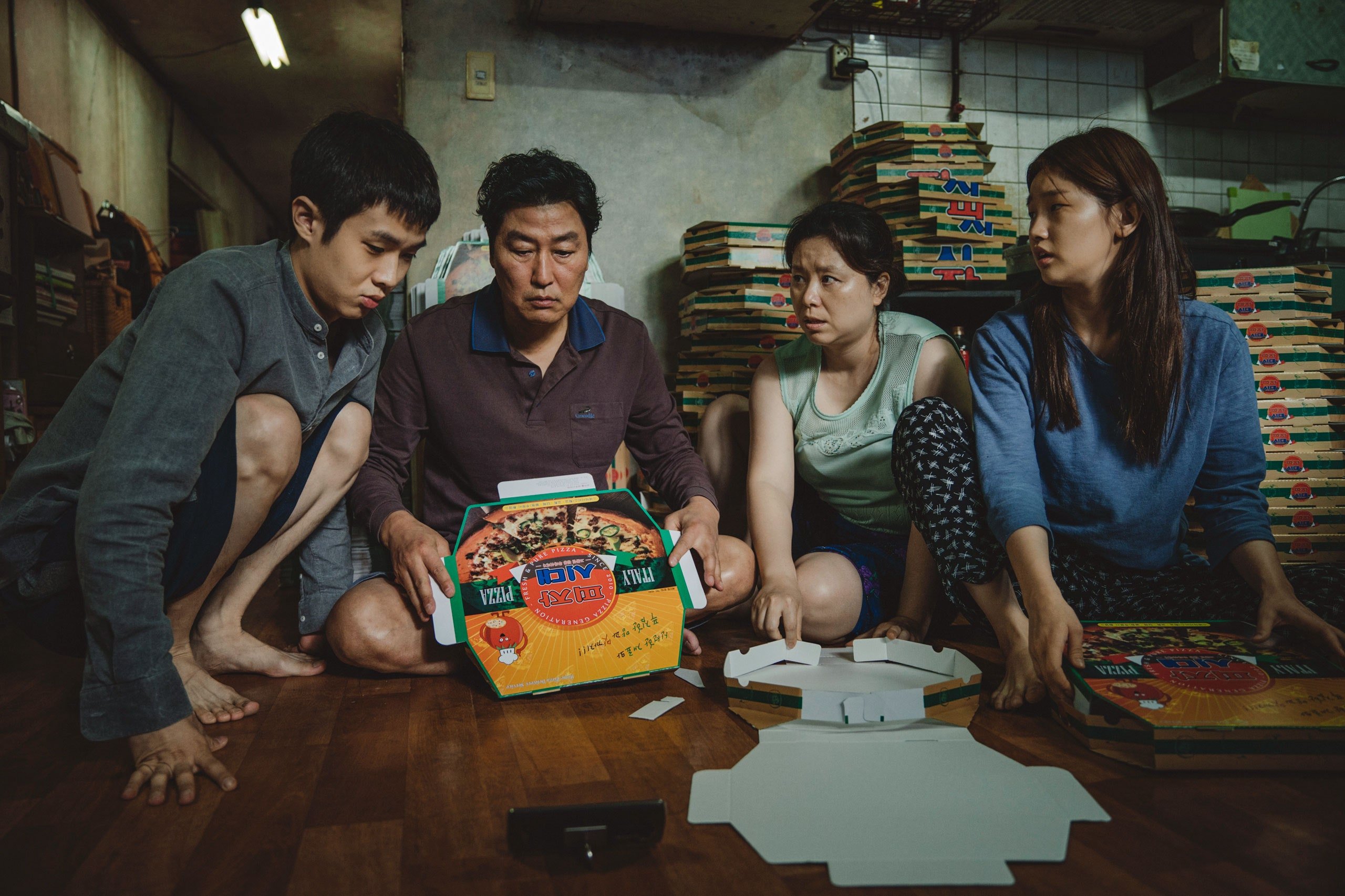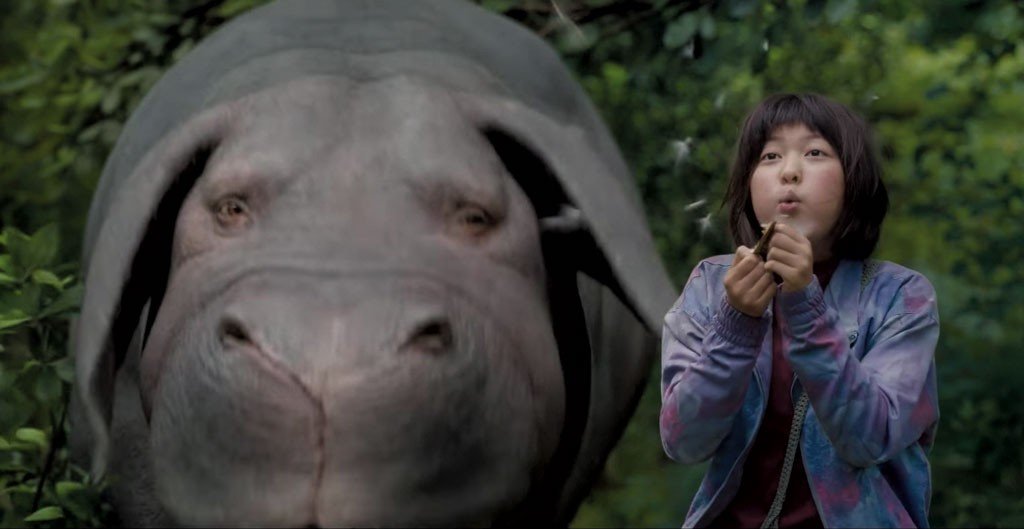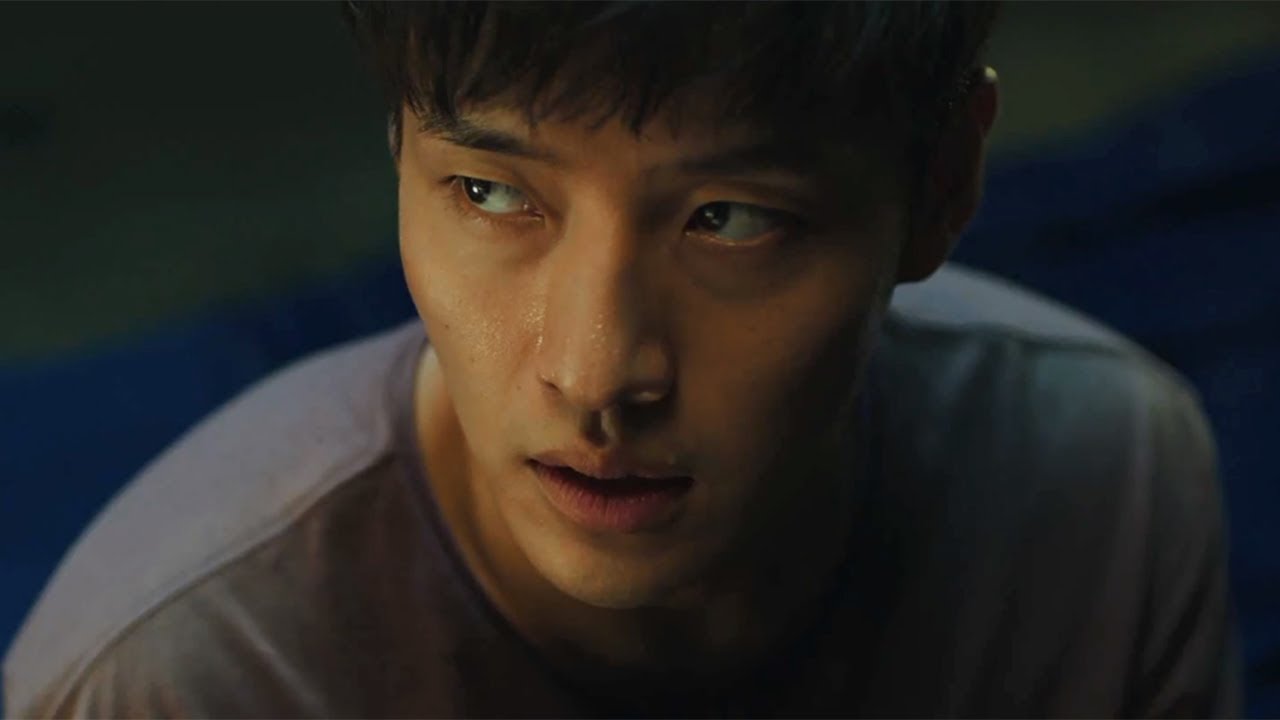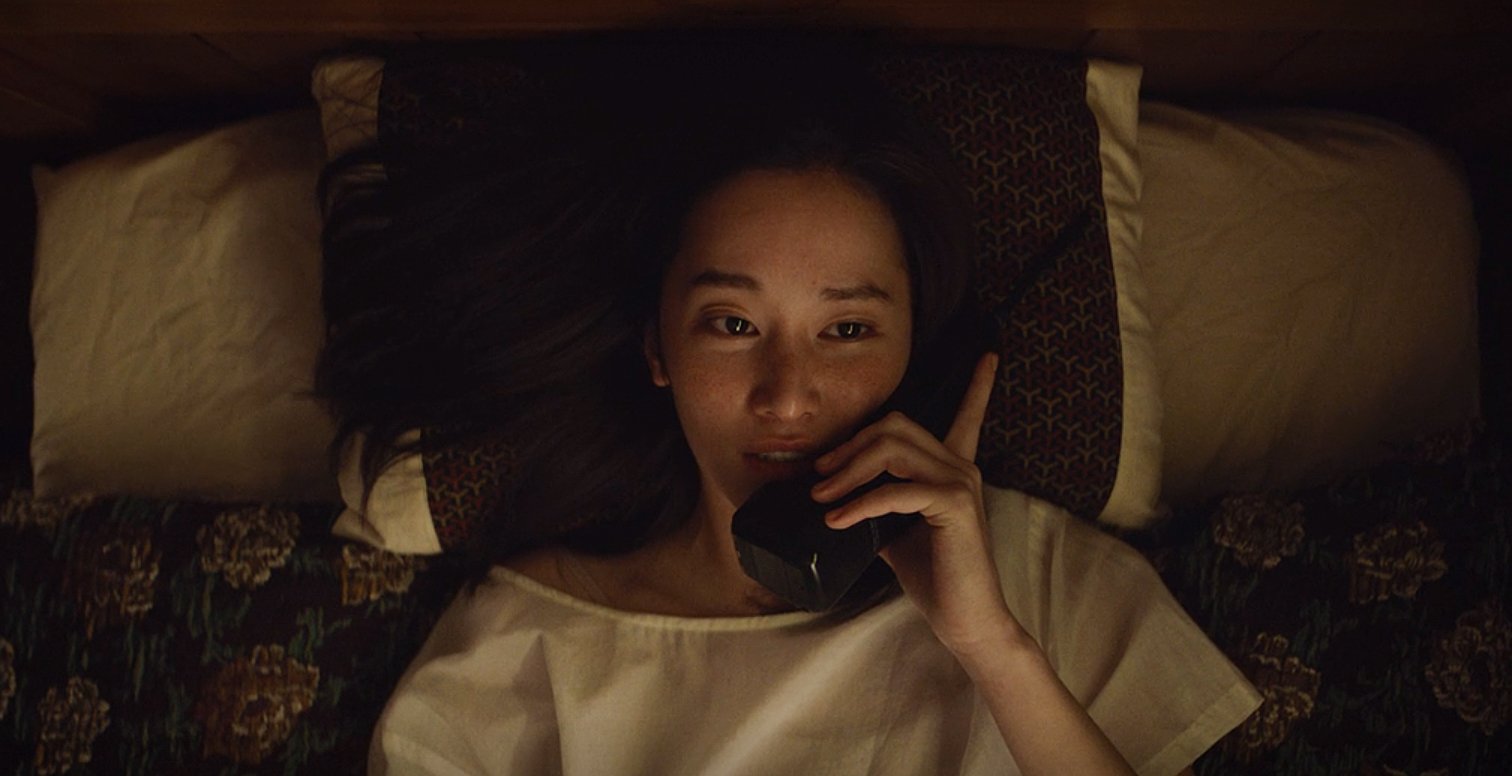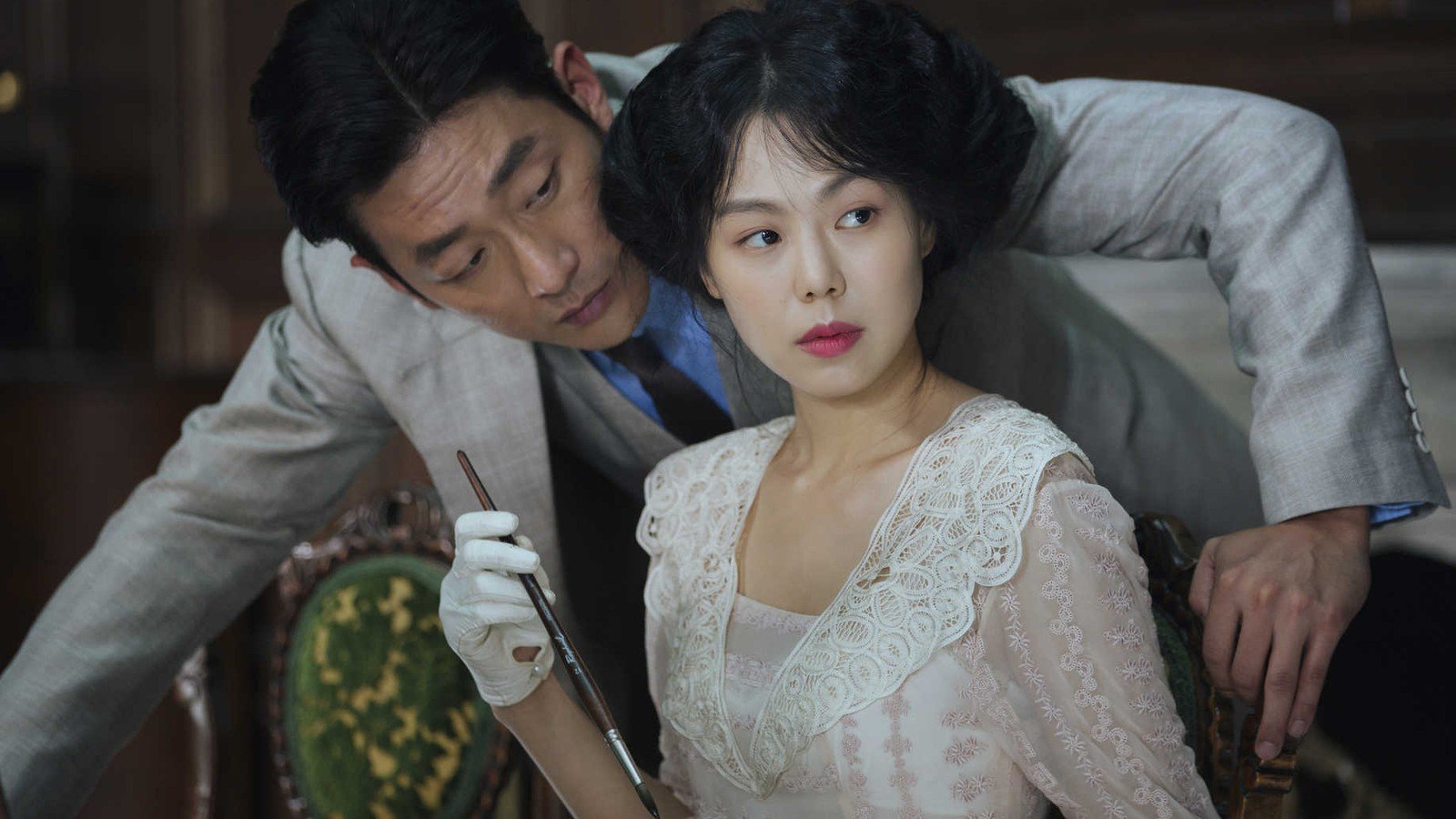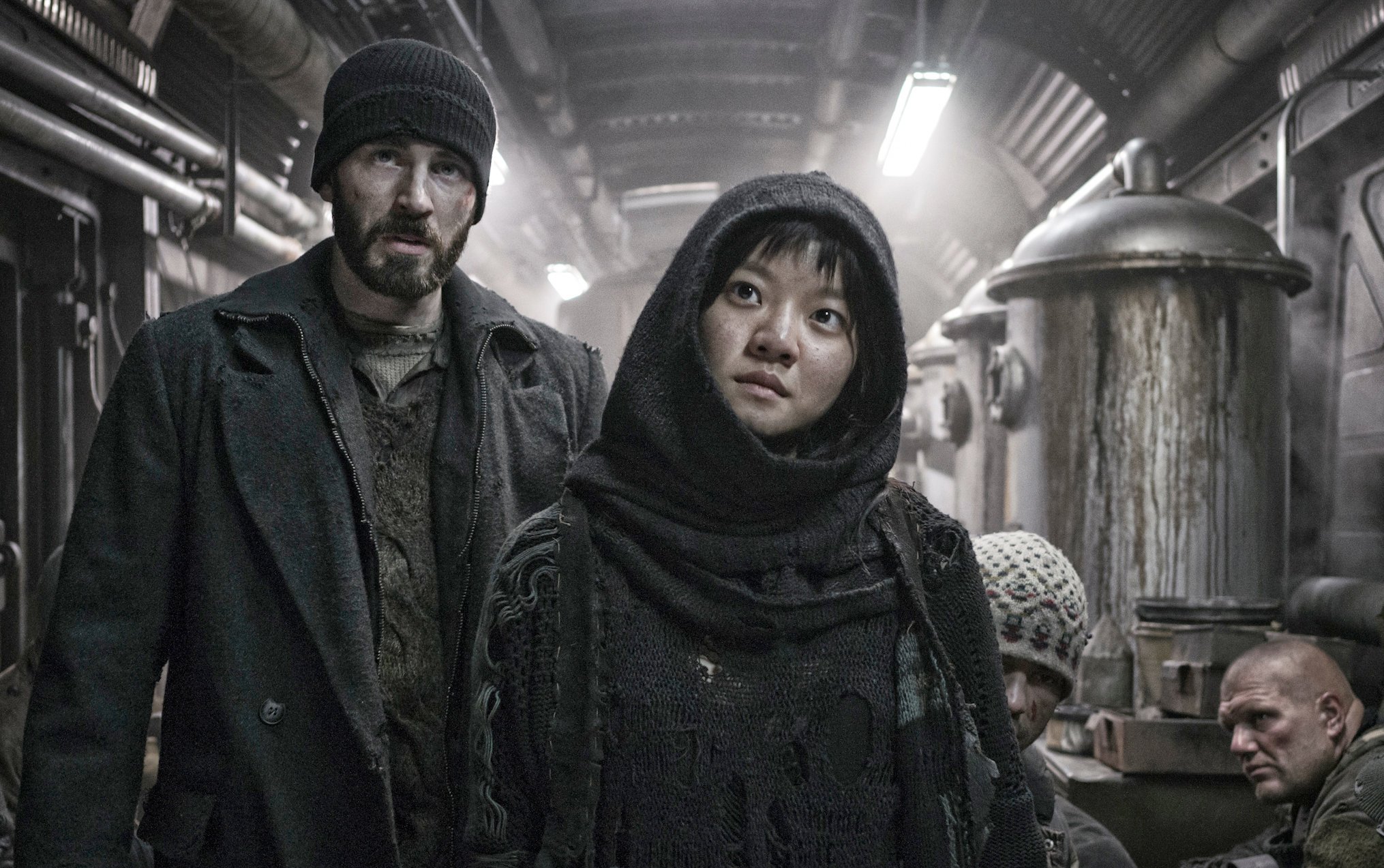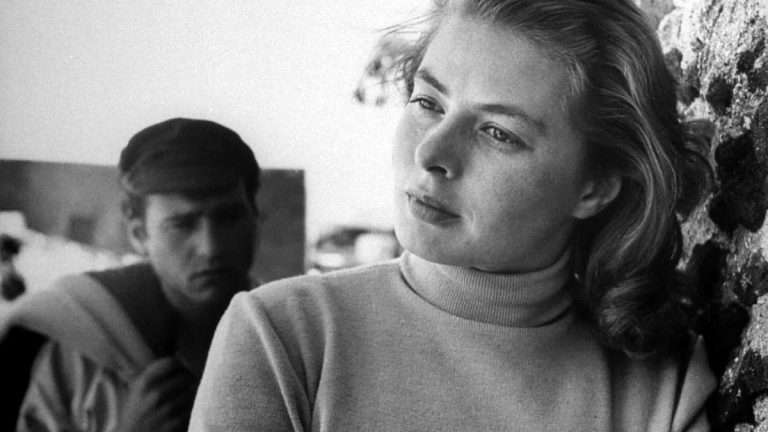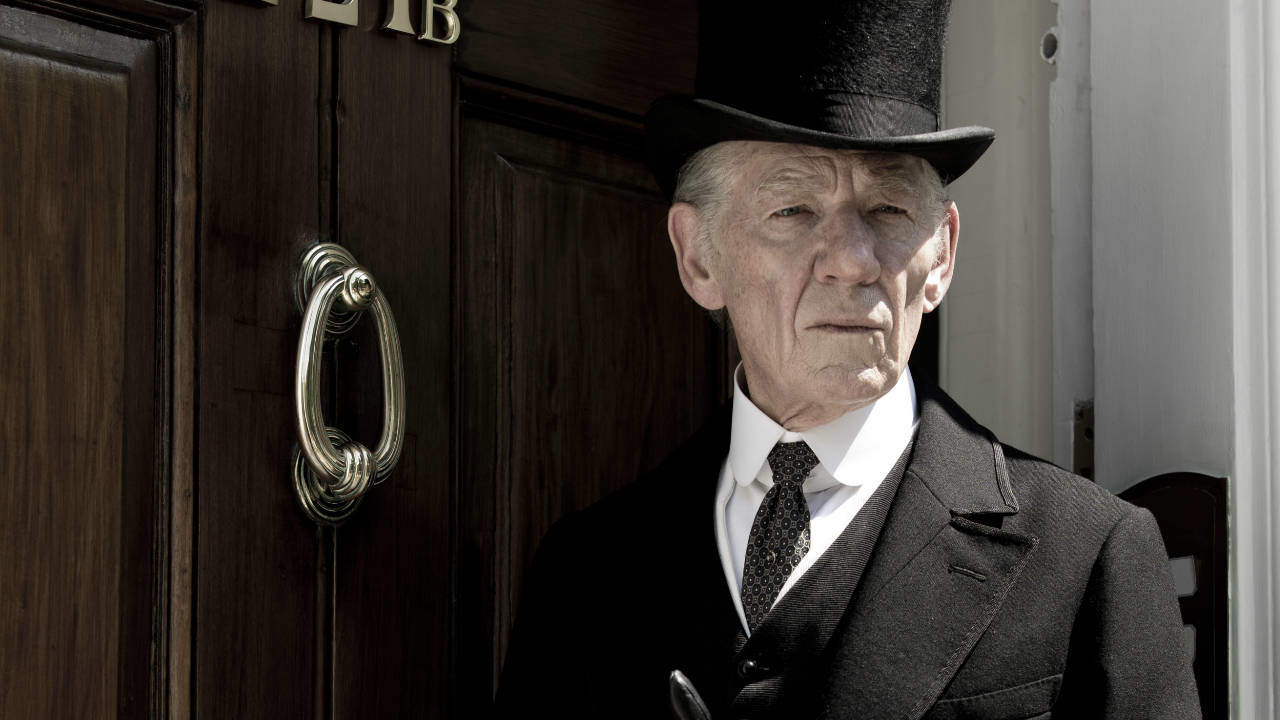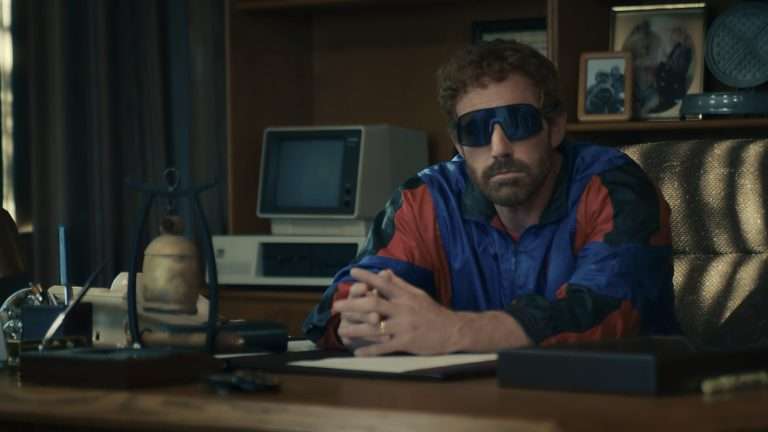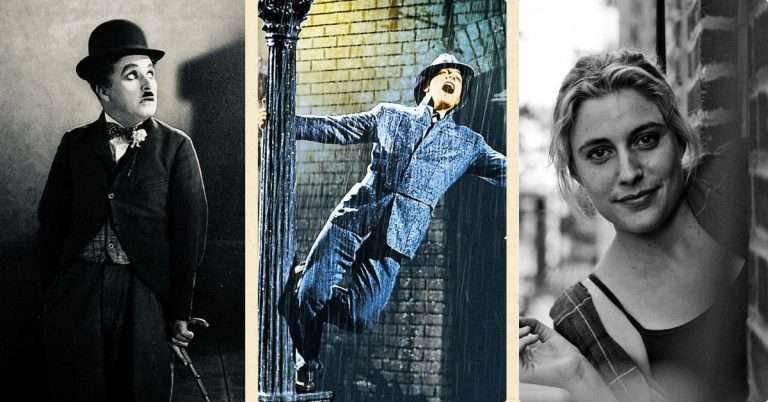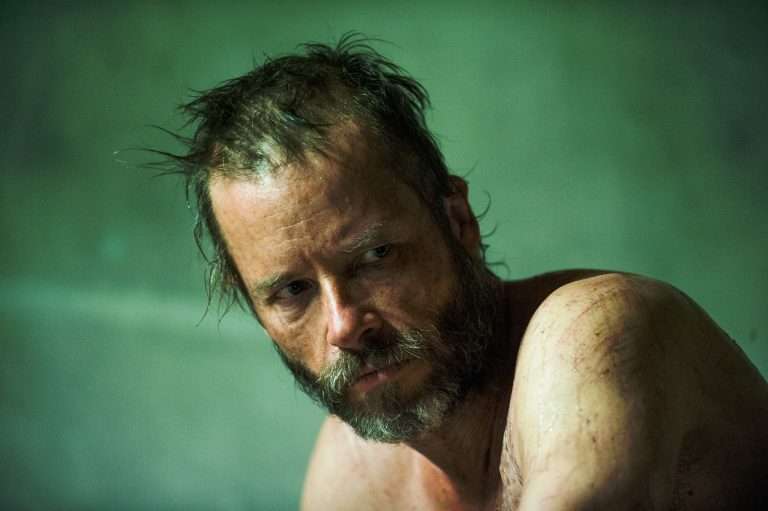10 South Korean Thrillers With Notable Socio-Economic Commentary: South Korean filmmakers did not have the freedom to exercise their expression throughout the Japanese invasion of Korea. The military dictatorial rule till the 80s further implemented censorship over any objectionable content in films that could question their authority. Under free democratic South Korea in the late 90s, several filmmakers started making content-driven films that highlighted the dark reality of their society.
Related to South Korean Thrillers: The 35 Best South Korean Movies of the Century
Bong Joo Ho, Park Chan Wook, and Lee Chang-Dong are some of the few directors who took the Korean new wave cinema to the international vanguard. Their unique way of unfolding suspense with a genre-bending plot has attracted moviegoers across the globe. The class commentary has always been on the forefront or backdrop in South Korean thrillers that combine aesthetic realism with a universal appeal. This is my analysis of the prevalent socio-economic commentary in some of the most acclaimed south Korean thrillers of all time.
Burning (2018)
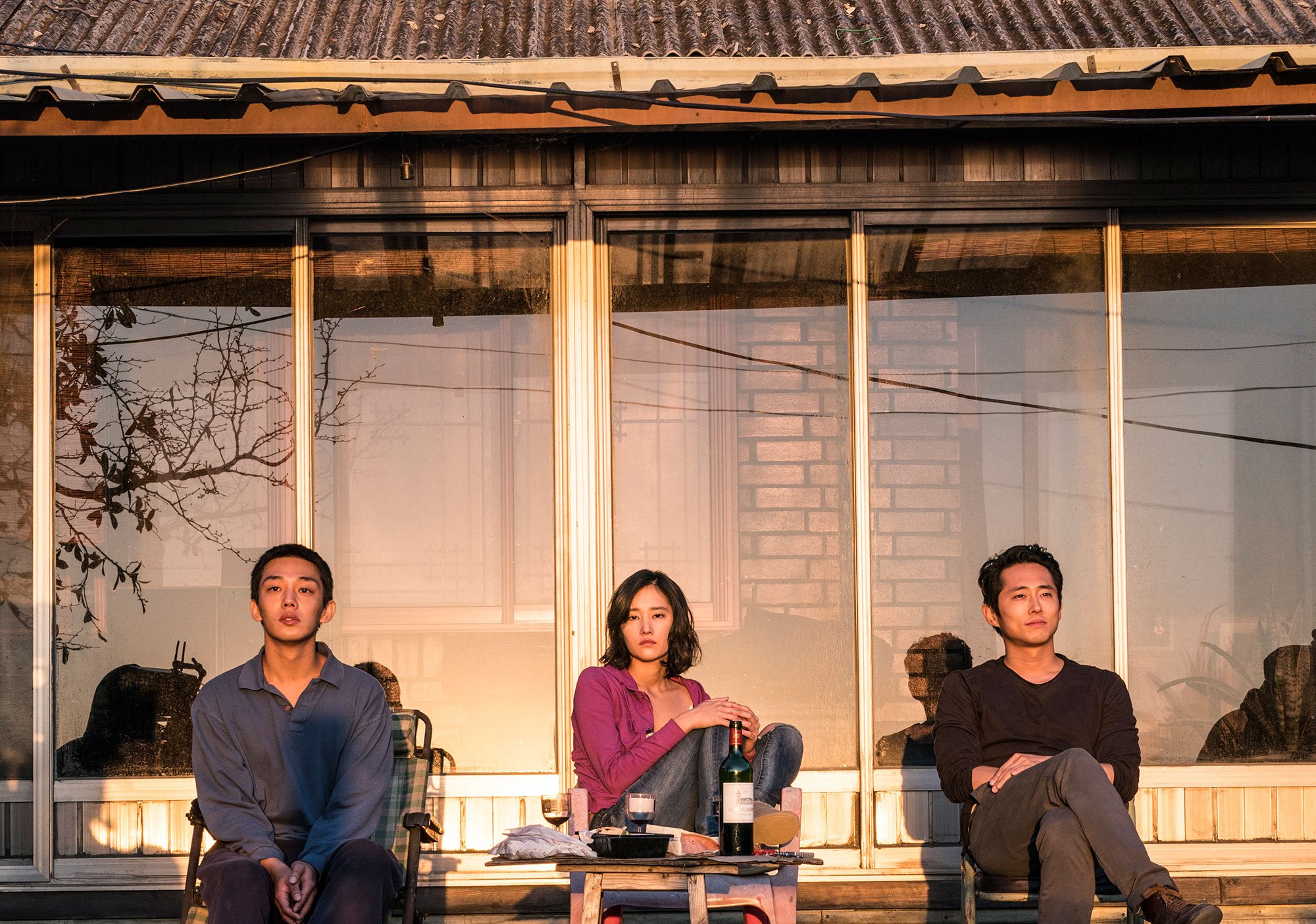
Despite the infinite interpretations of the ending and the significance of the plot itself, there is a constant prevalence of gender and class inequality in the newly capitalized and prosperous Seoul. Lee Chang-Dong represents this economic disparity through its three main characters Hae Mi, Jong Su, and Ben. Jong Su (an unemployed writer) belongs to the working-class end of South Korea. He frequently travels from his mismanaged house in the rural homeland to the urban Seoul entangled in a legal battle concerning his father. Ben resides in the luxurious Gangnam apartment of Seoul, rides a Porsche, and has a Gatsby-like lifestyle (as his source of income remains hidden).
Related to South Korean Thrillers: Lowlife (2017): Fantasia Film Festival Review
Hae Mi lies in the lowest strata. She also belongs to the working class. But, being a woman in a conservative society, her body, emotion, and aspiration become a subject of control by the regressive patriarchal system. In one of the sequences, Ben tells Jongsu that burning abandoned greenhouses brings him a sense of satisfaction. An abandoned greenhouse is a metaphor for young and lonely women like Hae Mi. Jong Su ignited a greenhouse with his mother’s belongings in his childhood. It only brought him internalized trauma while Ben is too powerful to create havoc and get away with it.
Read the Complete Review of Burning (2018) Here
Watch Burning on Netflix
The Host (2006)
The Host is one of the best monster thrillers of all time. Bong Joo ho’s trademark of infusing dark humor with a socio-political theme is mostly perceptible in ‘The Host’. He humanizes a dysfunctional family residing at the lowest end of the Korean economic structure. The incompetency of the corrupted government forces the family to take matters into their own hands. They experience disempowerment and a sense of misery in every step to rescue their daughter from the monster. River Han signifies ‘hope’ for a million South Koreans. The monster in the river represents the toxic capitalist and political system lynching off a helpless citizen.
The mishandling of issues by the government creates a drastic impact on the common man. The park family represents the struggle of a common citizen fighting the demons of society on a daily basis. Bong Joo Ho also portrays the resentment for American capitalism by involving a failed experiment by an American scientist. That small accident costs nothing in comparison to the lives of millions of Koreans living beside river Han. Thus, the Parks are fighting a greater monster: the spineless government, the backstabbing sell-out acquaintances, and the westernized capitalism.
Read the Complete Review of The Host (2006) Here.
Watch The Host on Netflix
Oldboy (2003)
Oldboy highlights the autocracy of capitalist society and the atrocities of more influential over the weak or less empowered. The contrasting economic status of Daegu and Wu Jin are signified metaphorically with the placement of characters around the mirror. The mirror shows the shifting power dynamics of the characters. The frequent occurrence of dumplings, suitcases, and wallpapers with the simultaneous representation of definite motifs symbolizes an artificial world created by Wu Jin around Daegu outside the cubicle where he kept him hostage for 15 years.
Related to South Korean Thrillers: Every Park Chan-Wook Film Ranked
Thus, he holds an infinite monetary power to create a much bigger prison for Daegu. At the ending of the film, it is disclosed that Wu Jin and Daegu used to go to the same school. Daegu accidentally came to know about Wu JIn’s incestuous relationship with his sister. A series of misunderstandings and unfortunate events lead to a greater loss for Wu Jin. The loss created a sense of grudge against Daegu. Although Daegu did not do anything, the misunderstanding cost him his life. While Daegu ends up living a modest life, Wu Jin ends up much wealthier and powerful. Powerful enough to erase Daegu’s whole existence.
Oldboy is part of our list of the Best Revenge Movies of all time.
Mother (2009)
Mother is yet another genius film from south Korean cinema with an original narrative. Poverty remains a consistent theme in the backdrop of the plot. But like ‘The Host’, the protagonist (mother unnamed) is a victim of a careless and laid-back investigation carried out by the local police. Failed by the incompetent authority, she carries out her inquiry. Here, the careless criminal judiciary is the antagonist. An orphaned disabled boy, a poor teen girl, an old lonely junk collector, and the mother herself are the victims of the faulty system.
The protagonist is in debt and earns her living through doing acupuncture without a license. She serves tea in a police station where she finds her son (Yoon Do Joon) arrested for the first time. The resentment for the rich is subsequently prevalent in the plot as Yoon Do Joon gets almost ran over by a big car. He and his friend Jin Tae (a local thug) runs over to their golf field to attack them. Although, it was eventually revealed that Yoon Do Joon was indeed guilty. He still became an easier scapegoat for the local police without the proper investigation. He was already arrested once, was mentally challenged, and had poor backing. Thus, he was three times prejudiced to be guilty.
Watch Mother (2009) on Hulu
Parasite (2019)
Parasite creates the society’s black mirror that perfectly defines the present and the future state of the whole world. The voyeuristic commentary on the class divide is universalized by contrasting the circumstances of 2 families (the Park family and the Kim family) with the help of visual metaphors. Stairs, Sunlight, and body odor are the elements used to signify the class hierarchy. The Kim family lives in an underground apartment where they barely get sunlight.
Related Read: 10 Films To Watch If You Love Parasite (2019)
Their eye level meets the garbage, concrete road, and street dogs while the park family resides in the uphill posh Korean locality where they get plenty of natural light. The Kim family tries to enter Park’s world and ends up fighting for their place with the people of their own class. They acquire the tool of ‘manipulation’ for survival to work for the ‘privileged’ and ‘nice’ Parks. The stark contrast of a refreshing rainy day at the Park’s mansion turning out to be a flooded nightmare in Kim’s locality raises the issue of how the poor will always be the gatekeepers of any upcoming crisis, be it climate change.
Read the Complete Review of Parasite (2019) Here
Watch Parasite (2019) on Hulu
Okja (2017)
Okja portrays the machine-like apathy of modern capitalism, consumerism culture, and the double standards of the supposed ‘Green Capitalism’. He contrasts the apathetic and ruthless corporate greed with the unconditional love and compassion between a genetically modified pig and a village girl, Mija. The satirical commentary on sustainability, environmentalists, corporate culture, and animal rights association is enough to bring them under public scrutiny. Thus, there is a constant emphasis on humanity, greed, and superficiality. Tilda Swinton plays the voracious and ambitious ‘environmentalist’ Lucy Mirando (owner of the Mirando Corporation). She gives hope to end hunger by creating pigs in a sustainable setting.
Related to South Korean Thrillers: 10 Great South Korean Movies on Netflix
The pigs get transported to farmers around the world. Lucy promotes it as a good cause with over-dream-like marketing press coverage. Thus, she becomes part of her family’s controversial heritage that she resented for years. In the end, Mija had to do a money transaction with her small gold statue to take back Okja. Although, the transaction was successful as Okja came back home. But, Thousands of pigs were still left behind to be exploited and massacred. Bong Joo Ho did not impose the idea of veganism on the audience. Besides, he came up with much bigger messages of the triumph of money over love and human connection.
Watch Okja (2017) on Netflix
Forgotten (2017)
Forgotten has many surprising twists, but the core theme remains ‘tragedy’. The core plot follows a series of sudden unfortunate events pushing the protagonist (Jin Seuk) towards the vicious cycle of debt, misery, helplessness, and poverty. His plight becomes the embodiment of the proverb ‘poverty begets evil’. To gather enough money for his hospitalized brother, he takes an illegal way to make up for his circumstances. It is eventually disclosed that Jin Seouk went on a vacation with his family.
He was preparing for his higher studies. A sudden car accident makes him an orphan, jeopardizes his whole life. It puts his future on a pedestal. His life suddenly revolves around arranging enough money for his brother’s operation. Troubled with the financial burden he takes the job to kill the wife of an anonymous person. Eventually, the anonymous person turns out to be the doctor of his brother. Here, we can see the indirect atrocity of the doctor over the helpless and needy Jin Seuk. Yoo Seok repeats his father’s atrocities by further breaking down Jin Seuk mentally and emotionally who is already struggling with the past trauma over a decade.
The Call (2020)
In The Call, Seo-Yeon’s present fate is related to her father’s existence and death. There is an inclusion of a time-traveling theme where Seo Yeon can contact Oh Young Sook (a stranger) from another timeline. A change of small event by Oh Young Sook transforms the current circumstances of Seo Yeon (the inclusion of the Butterfly effect). It gives power to Oh Young Sook to manipulate Seo Yeon’s fate and financial status from better to worst. Seo Yeon comes to know that Oh Young Sook is living in the same house but in the timeline of 1999.
Thus, the current state of Seo Yeon is changed. She is now living a much wealthier life. Oh Young Sook eventually becomes envious of her as she is still stuck with her miserable life. Initially, Seo Yeon and Young Sook bonded through a type of shared oppression and tragic circumstances. This theme of ‘empathy’ eventually transforms into ‘envy’ as one moves ahead of other. There is nothing common left between the two characters. It highlights the lifelong relationship between wealth, poverty, and jealousy. Thus, Seo Yeon had a hard time accepting the happiness and fortune of anyone as she was living in a prison-like situation with her mother.
Read the Complete Review of The Call (2020) Here.
Watch The Call (2020) on Netflix
The Handmaiden (2016)
The Handmaiden is a period romance thriller with a backdrop of class divide and sexism. There are numerous plot twists dependent on the duality of each character who eventually double-cross each other. Sook-hee is a thief hired by a conman Jung Woo Ha to work as a handmaiden for a Japanese heiress Min-Hee Kim with a plan to confiscate her inherited fortune. Sook-Hee eventually gets entangled within the desire for power, greed, and lust as disturbing secrets about the family’s history unravel slowly. The power-hungry men around Lady Hideko exploit her in every sense to get what they want.
The initially naïve Lady Hideko turns out to be the mastermind of the whole plan. Thus, her coping mechanism from her repetitive abuse makes her an extremely calculative person. Park Chan-Wook mocks the bizarre fetish of the rich. The concept of an underground erotic literature club. Further, the double standards of blending Japanese minimalism with European baroque architecture. There is a specific emphasis on vulnerability and manipulation. These are highlighted as a primary human instinct to survive in the crooked world. Park Chan Wook particularly ridicules the perversion and deviousness of the rich.
Read the Complete Review of The Handmaiden (2016) Here.
Watch The Handmaiden (2016) on Amazon Prime
Snowpiercer (2013)
Snowpiercer is a 2013 Korean-American action thriller directed by Bong Joo Ho. It is based on a French novel and makes a political commentary on the conservative economic policies that always favor the rich. The film regulates in a dystopian world where the train symbolizes the current state of society. Bong Joo Ho signifies the evident privilege of the higher class through food, sunlight, drugs, and kids. The people living at the front of the train live a lavish lifestyle, eat chef-made food, and party at night. The people at the tail of the train barely have any space to live. They consume protein-rich gelatin bars made from dead insects.
Related Read to South Korean Thrillers: Every Bong-Joon Ho Film Ranked
Large window panes cover the front of the train. Thus, making it a thrill ride for the rich to enjoy the snow-cold white wastelands outside. While the people at the back barely have any exposure to the natural light. The Korean man (Namgoong Minsu) and his daughter consume drugs to escape from their tragic life of being entrapped in a box-like cell. The kronoles (drugs) act as a coping mechanism for the poor and amusement for the privileged class. The rich send their kids to school (a special compartment for that). While they forcibly take the poor children to keep the engines of the train running. Thus, it is a commentary on the exploitation of underprivileged kids for labor. In the end, Bong Joo Ho comments on ending a toxic system to start something entirely new. Its effect might be hopeless or destructive, too.

